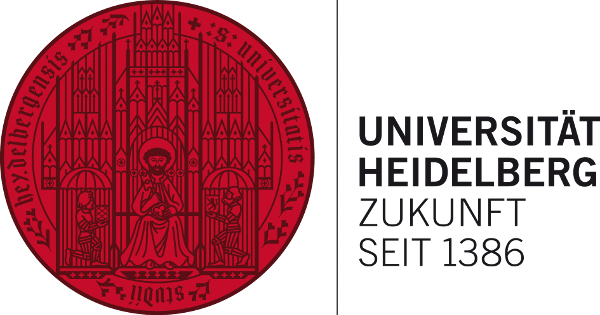Conference
Socialist Constitutionalism and Diversity Management since the 1970s
May 12–13, 2022
Heidelberg University
Conveners: Prof. Dr. Matthias Koenig and Dr. Ivan Sablin
Submissions: ENTPAR.Heidelberg@gmail.com
This conference aims to explore the role of constitutions and parliaments for diversity management and political community-building in socialist single-party regimes in Europe and Asia since the 1970s. Even though in the Soviet Union, the People’s Republic of China, the Socialist Federal Republic of Yugoslavia, and other socialist states the various branches of power were taken over by extraconstitutional organizations – the ruling socialist or communist parties – nominal constitutions and parliaments remained in place in all single-party regimes. This meant that these institutions, novel to most Eurasian contexts, were seen as necessary for legitimizing the parties’ programs and policies, both domestically and internationally. While scholars have studied socialist constitutionalism and its impact on the evolution of socio-economic human rights, its significance for the management of diversity, related to nationality (ethnicity), language, religion, gender, urban/rural differences, occupation, and class, has remained understudied. The conference seeks to stimulate new cross-disciplinary collaboration between historians, sociologists, political scientists, and legal scholars working on the governance of social and cultural diversity in state socialist contexts.
In terms of region, the conference will abandon a Eurocentric outlook, providing the much-needed comparison between Eastern Europe and East Asia by scrutinizing the constitutional and parliamentary aspects of diversity management in the Soviet Union (especially its Asian parts), China, Yugoslavia, and other state socialist contexts. In terms of the period, the conference will start with the wave of the new socialist constitutions adopted in China (1972), Yugoslavia (1974), and the USSR (1976–1978) on national and subnational levels and trace continuities and discontinuities in socialist and post-socialist constitutionalism, parliamentarianism and the management of diversity after 1990. Furthermore, the conference will discuss transnational legal dynamics by studying how socialist states sought to influence legal norms both in their informal dependencies and satellites and in international institutions, such as the United Nations.
We invite papers addressing socialist constitutionalism by focusing on the following questions: How was diversity in its multiple dimensions presented in written constitutions and how was diversity management reflected in state institutions, in particular in parliaments, federal arrangements, and forms of autonomy? Why did diversity management become an important feature in legal and political practices, for instance, in parliamentary bodies, courts, and within the ruling parties? How important were the constitutional aspects of diversity management in bilateral relations between socialist states, as well as in international legal fora such as the United Nations’ human rights regime? Why did legislation on diversity management outlive state socialism in some contexts, but not in others? How does the socialist legacy of managing diversity relate to the recent resurgence of exclusionary nationalism?
Paper proposals should contain an abstract (250 words max.) and an extended outline (about 2000 words). They should be sent to ENTPAR.Heidelberg@gmail.com. Deadline for submission is 15 October 2021. If accepted for conference participation, authors will be expected to submit a fully developed paper by 15 April 2022. Travel and accommodation will be fully covered.
For more information click "LINK TO ORIGINAL" below.
